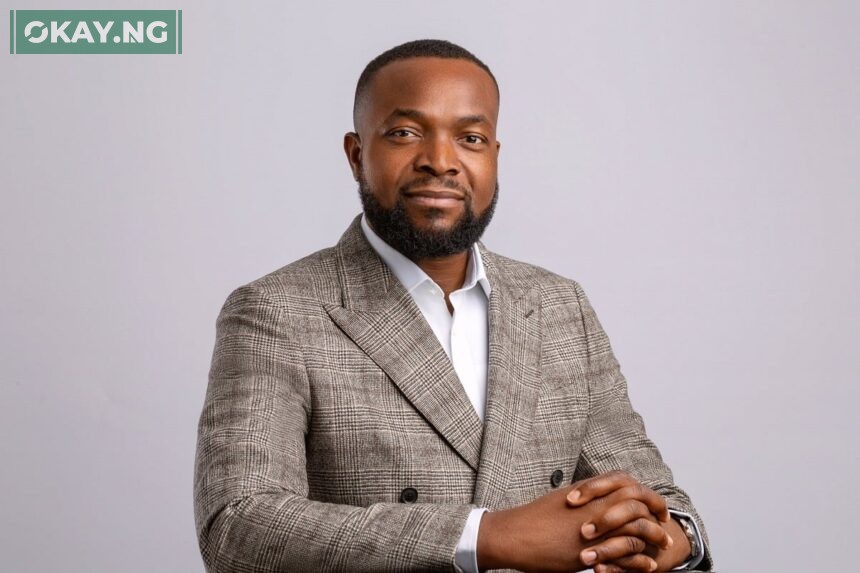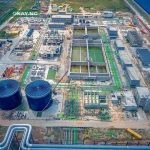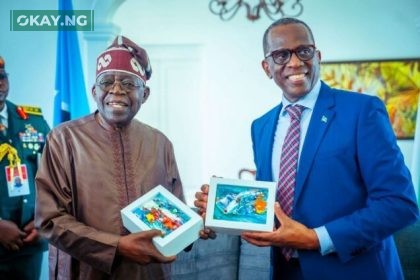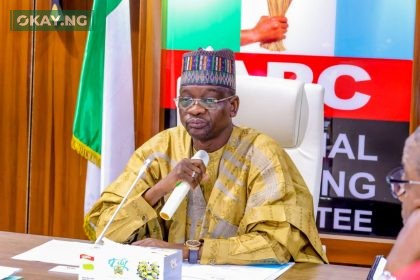Nigeria’s Communications and Digital Economy sector has recorded a remarkable surge in foreign direct investment (FDI), attracting $191 million in the first quarter of 2024-an almost ninefold increase from $22 million in the same period last year.
This was disclosed by the Minister of Communications, Innovation and Digital Economy, Bosun Tijani, during an interview for a forthcoming State House documentary commemorating President Tinubu’s second anniversary in office.
According to a statement signed by the President’s Special Adviser on Information and Strategy, Bayo Onanuga, titled “Investment in Digital Economy Grows Ninefold, Rollout Of $2 Bn Fibre Optic Infrastructure Begins Q4: Bosun Tijani,” the sector’s growth is underpinned by strategic reforms and workforce development initiatives.
Tijani highlighted the success of the 3 Million Technical Talent (3MTT) programme, which has already trained over 117,000 Nigerians in digital skills-far exceeding its initial target of 30,000. “By last year, we had already moved that to over 117,000. With an additional 35,000 in training, the programme is nearing 10% of its 3 million goal. And in the rest of the time in office, we hope to reach the three million,” he said.
Looking ahead, the minister announced a $2 billion investment aimed at deploying 90,000 kilometres of fibre optic infrastructure nationwide, starting in the fourth quarter of 2025. “We are preparing a $2bn investment to ensure every Nigerian can access affordable, high-quality connectivity regardless of location. Increasing connectivity hubs by just 10 per cent could yield a 2.5 per cent GDP growth,” Tijani explained.
The minister also noted that Nigeria has made significant strides in artificial intelligence (AI), ranking among the top 60 countries globally for AI readiness. He pointed to the launch of the AI Collective platform, supported by major partners such as Pierre Omidyar, Google, and Microsoft, designed to foster innovation and collaboration in AI.
Additional government efforts include funding 55 academic researchers to explore technology applications in agriculture, healthcare, and education, and investing N300 million in 10 startups leveraging AI and blockchain to boost agricultural productivity.
Tijani further revealed plans to deploy 7,000 telecom towers to achieve 98% nationwide coverage, with the Federal Executive Council’s approval already secured. He described progress on Right-of-Way policies as a “game-changer,” with 12 states adopting zero-rated Right-of-Way policies to facilitate infrastructure deployment.
The sector’s contribution to Nigeria’s GDP is projected to increase from 16% to 22%, a growth Tijani believes will drive unprecedented economic expansion. “If a sector can increase its contribution by three to four per cent to the GDP, we’re about to see the economic growth we’ve not seen before. Technology allows us to bridge the gap between governments and the people,” he said.
In closing, Tijani emphasized the administration’s commitment to sustainable reforms: “The results we want to provide for Nigeria are long-lasting reforms that will transform our economy for generations to come.”













